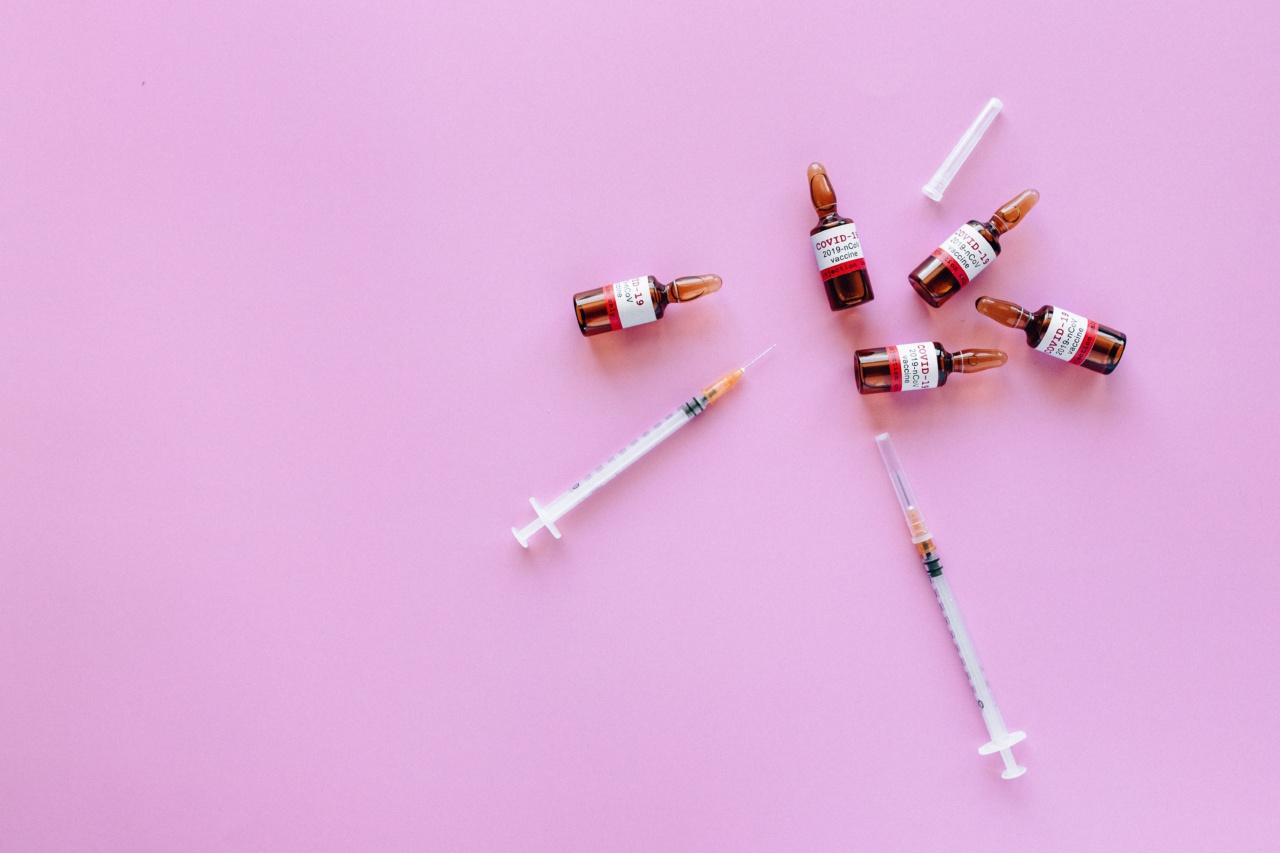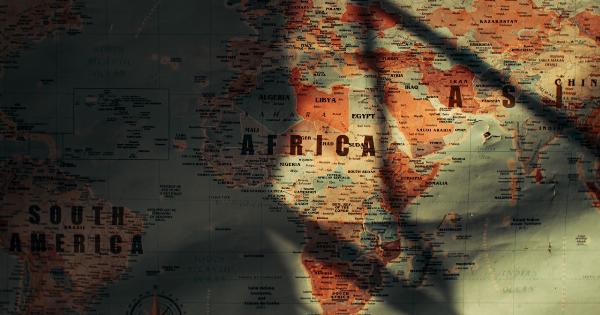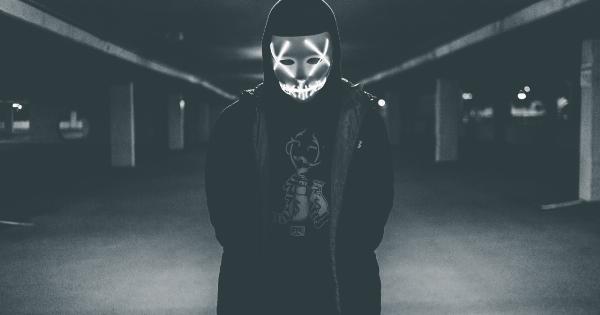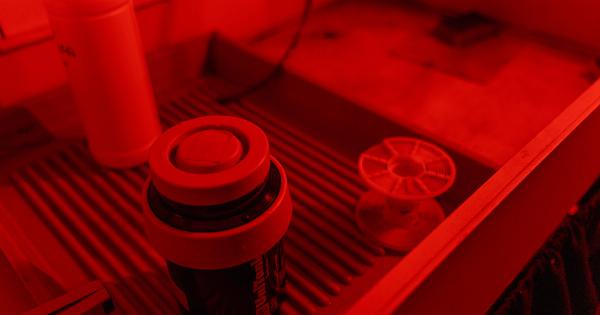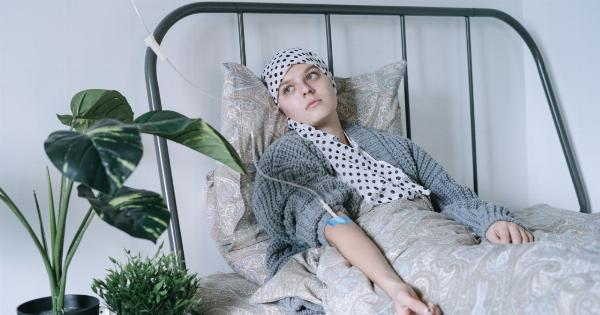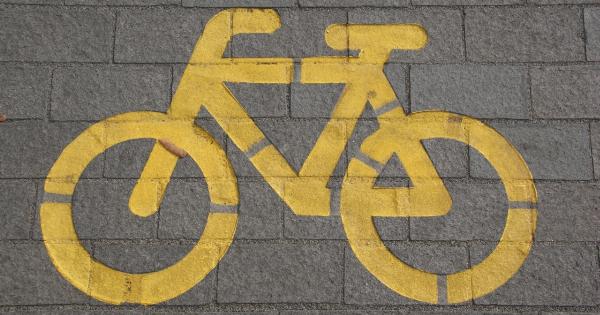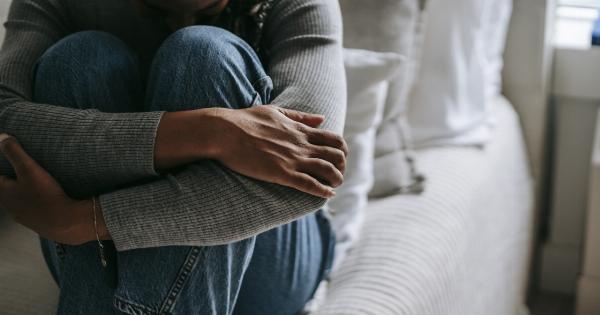The Ebola virus outbreak that started in West Africa in 2014 claimed thousands of lives. After almost two years, the epidemic was brought under control. However, in February 2021, the virus re-emerged and started spreading again.
According to the World Health Organization (WHO), as of March 7, 2021, the total number of confirmed cases had risen to 40, with 15 deaths. One of the victims was a doctor who had been helping the infected patients in Sierra Leone.
Who was the Doctor?
Dr. Usman Boie Kamara was a veteran doctor who worked at the Princess Christian Maternity Hospital (PCMH) in Freetown, Sierra Leone. He was a specialist in obstetrics and gynaecology and had worked at the hospital for nearly 40 years.
He was known for his dedication to his patients and was respected by his colleagues.
How did he Contract the Virus?
Dr. Kamara had been treating patients who had contracted the virus in the recent outbreak. It is not clear how he contracted the virus himself. However, it is believed that he was infected while treating a patient who had Ebola. Dr.
Kamara fell ill and was admitted to the PCMH. He was later diagnosed with Ebola and was transferred to the Hastings Treatment Centre in Freetown, where he died on March 2, 2021.
The Impact of the Doctor’s Death
The death of Dr. Kamara has had a profound impact on his colleagues and friends. Many have expressed their condolences and tributes to the doctor. Dr. Kamara’s family has also been deeply affected by his death.
His wife, who is also a doctor, is now in quarantine after being in close contact with him.
The death of Dr. Kamara also highlights the risks that healthcare workers face when treating patients with Ebola. During the previous outbreak, hundreds of healthcare workers were infected with the virus, and many died.
The WHO has emphasized the need for healthcare workers to follow strict safety protocols when treating Ebola patients.
Response to the Outbreak
The Sierra Leone government has responded quickly to the outbreak. They have set up a national Ebola response center to coordinate efforts to contain the virus.
They have also increased funding for healthcare workers and provided them with protective equipment.
The WHO has also been involved in the response to the outbreak. They have sent teams of experts to Sierra Leone to support the government’s efforts.
The WHO has also emphasized the need for surveillance and contact tracing to stop the virus from spreading further.
Preventing Ebola
The Ebola virus is highly contagious and can be deadly. However, there are several measures that can be taken to prevent the spread of the virus.
Healthcare workers should follow strict safety protocols, such as wearing protective equipment and washing their hands regularly.
Members of the public should also take precautions, such as avoiding close contact with people who are sick and washing their hands frequently.
People who have symptoms of Ebola should seek medical attention immediately and avoid close contact with others until they have been tested for the virus.
Conclusion
The death of Dr. Kamara is a tragic reminder of the risks that healthcare workers face when treating Ebola patients. It also highlights the need for continued efforts to prevent the spread of the virus.
The Sierra Leone government and the WHO have taken swift action to respond to the outbreak and prevent it from spreading further. Everyone must play their part in preventing the spread of Ebola by following safety protocols and seeking medical attention if they have symptoms of the virus.
